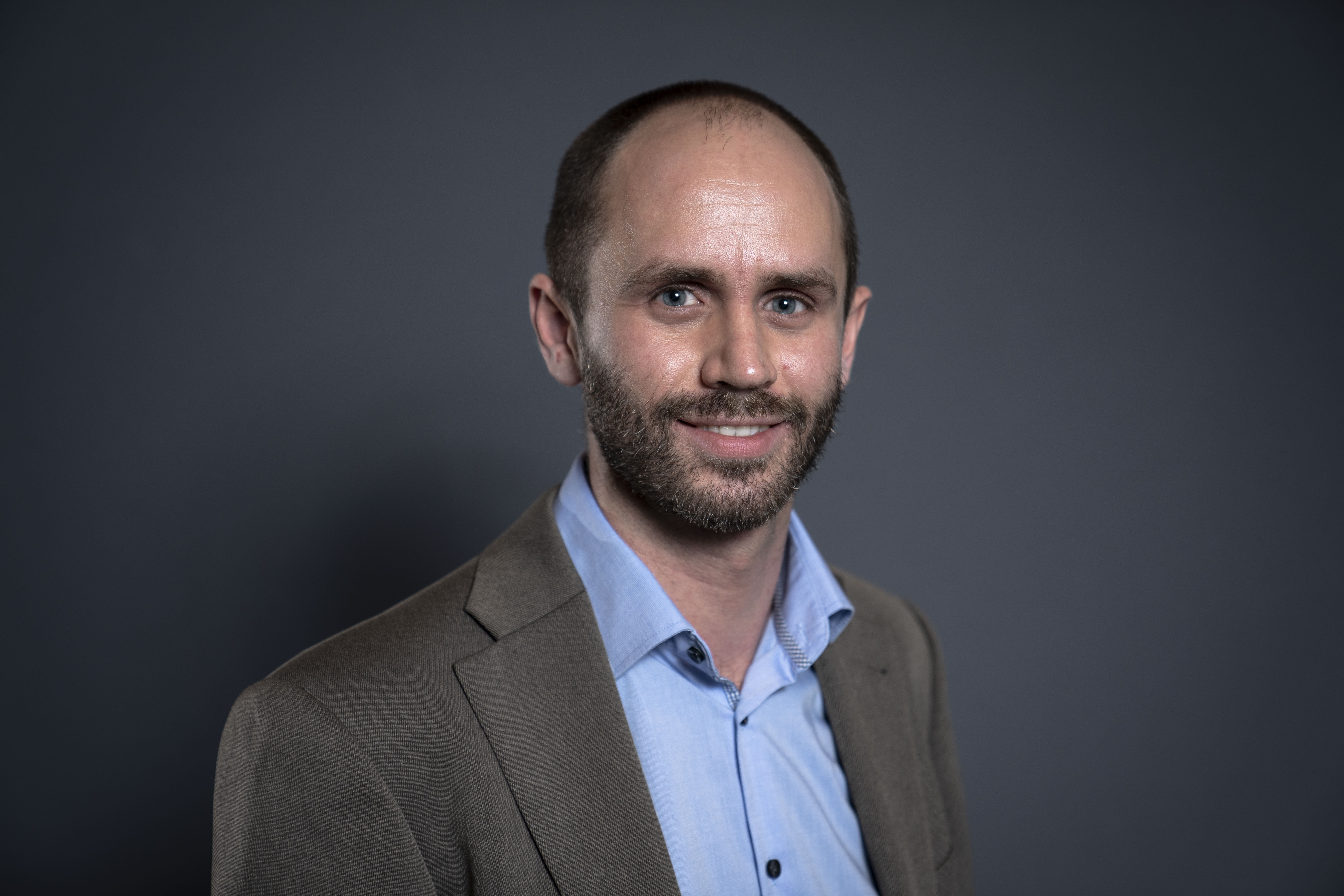Peter Alexander Scholl
Research leader

Project title
New Directions in Cryptographic Computing and Correlated Pseudorandomness (C3PO)
What is your project about?
Cryptographic computing is a method of processing data while keeping it private, revealing only the desired result of the computation. For example, a group of employees can compute the average of their salary, without disclosing their individual salaries. Today, although there are many different methods of doing cryptographic computing, most of these come with a large overhead in terms of extra communication or computational resources. In recent breakthrough research, however, new techniques have emerged which offer the potential to greatly reduce these costs. The aim of this project is to explore and develop these exciting new areas, and investigate how they can be applied to obtain much more efficient solutions for cryptographic computing applications.
How did you become interested in your particular field of research?
Since childhood, I had an interest in mathematics and solving puzzles, and first became interested in cryptography when reading The Code Book by Simon Singh, which is a wonderful account of its history. I began studying cryptography more formally at university, where I particularly enjoyed seeing areas of pure mathematics used in practical applications, which eventually led me down the path of research.
What are the scientific challenges and perspectives in your project?
Currently, one of the major obstacles holding back cryptographic computing is its efficiency. Designing faster algorithms and protocols is always challenging, and you can rarely be sure of what kind of improvements are possible. Initial theoretical research in the new area of homomorphic secret sharing, which allows data to be split into several pieces while retaining the ability to perform computations, indicates that this technique has potential to overcome existing barriers in the communication overhead of cryptographic protocols. It can also be used to produced correlated pseudorandomness, a special kind of secret key material that facilitates certain computations. By developing these areas in new and practical directions, there's potential to dramatically change the landscape of protocols for cryptographic computing.
What is your estimate of the impact, which your project may have to society in the long term?
Sensitive data is collected everywhere in our daily lives, from our bank transactions to our online social interactions and even our medical records. With cryptographic computing, it's possible to limit the exposure of this data to nothing beyond what is necessary, while still extracting value from it. By improving the efficiency of these technologies, this project can lower the cost barriers for their deployment, while also expanding the range of what can be done. This brings increased levels of privacy and security to individuals and companies, and opens up new applications that would not have been possible otherwise. For example, medical studies could be carried out on private genomic databases, which current regulations and privacy concerns might otherwise disallow.
Which impact do you expect the Sapere Aude programme will have on your career as a researcher?
The Sapere Aude programme is a fantastic opportunity to consolidate and expand my research group, and develop my skills as a research leader in my own area. With a prestigious award such as this, it will also help attract new talent, and I'm looking forward to the pleasure of mentoring these early-career researchers, while also strengthening my international collaborations.
Background and personal life
I grew up in Durham, a small, picturesque cathedral city in the North-East of England, and first came to Denmark in 2017 as a postdoctoral researcher. I enjoy the vibrant but relaxed life that comes with living in Aarhus, with its many cultural activities and cosy cafes. In my spare time I also enjoy cooking, cycling through the nearby forests and climbing.
View all research leaders here
Research institution
Aarhus University
Research field
Computer Science
City of your current residence
Aarhus
High school
Newcastle Royal Grammar School, UK
